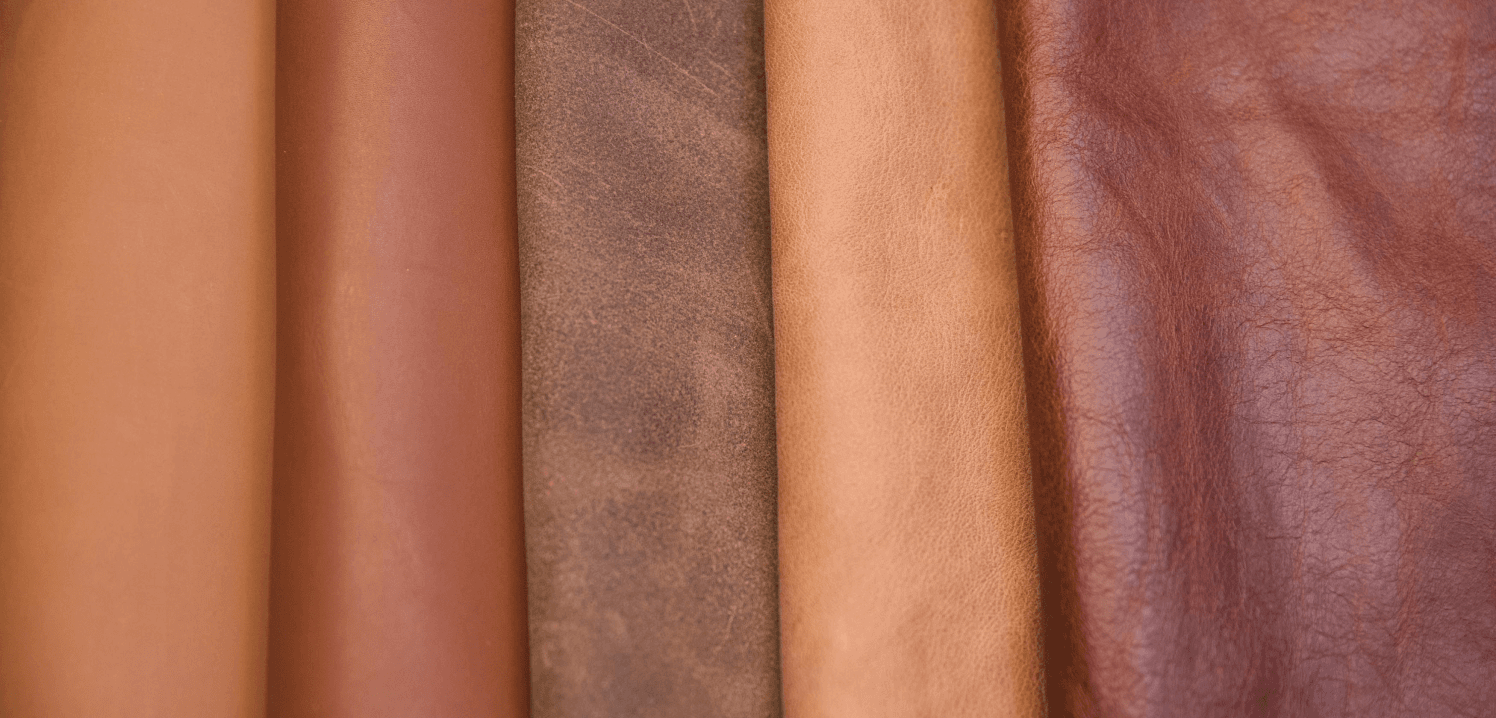
Media & Blog
Vegan Leather, Algae Tee-Shirts... The Exciting Green Future Of Fashion
Vegan Leather, Algae Tee-Shirts... The Exciting Green Future Of Fashion
New-age plant-based textiles are becoming a key solution to the fashion industry’s waste problem. Eco-consciousness has shifted from being a niche concern to becoming mainstream, with more consumers turning to sustainable brands to reduce their carbon footprint.
This pivotal change in public awareness marks a turning point for the industry. Sustainable brands and fabrics have moved from the fringes of the sartorial scene to become the demand of modern-day shoppers.
The global ethical fashion market reached a value of nearly $6.35 billion in 2019, growing at a compound annual growth rate (CAGR) of 8.7% since 2015.
The market is expected to increase from $6.35 billion in 2019 to $8.25 billion in 2023, reflecting a CAGR of 6.8%. This impressive growth can be attributed to the growing public awareness of environmental issues.
According to sustainable fashion industry statistics, the market is projected to grow further, reaching $9.81 billion in 2025 and $15.17 billion by 2030, with a CAGR of 9.1%.
The launch of H&M’s Conscious Exclusive line signals a significant shift among traditional brands. They are moving away from synthetic fibres and towards organic, eco-friendly fabrics to tackle issues of waste and the environmental impact of apparel manufacturing.
Cutting-edge technology is helping designers create clothing from fruit and vegetable waste. Vegan leather, an alternative to traditional faux leather, is an eco-friendly material being embraced by both luxury and high-street brands to create high-quality, durable leather products. Unlike traditional leather (derived from animals) and faux leather (made from plastic), vegan leather is crafted from innovative materials like pineapple leaves, mushrooms, cork, apple peels, fruit waste, and recycled plastic.
Designers like Stella McCartney have shown their commitment to sustainability by using only vegan leather in their collections.
Some of the most talked-about plant-based textiles include Piñatex (a fabric made from pineapple skins), Orange Fiber (a silk alternative made from orange peels), Fleather (plant-based leather made from discarded temple flowers), and Desserto (vegan leather made from nopal cactus leaves).
Until recently, many animal-based leather alternatives were made entirely from recycled plastic, but the advent of new technology has enabled innovators to use bio-waste to create a wider variety of green fabrics that have lower carbon emissions and are partially or fully compostable.
Natural fabrics like cotton and wool have been used by the apparel industry for generations and break down easily in the environment. However, cotton is a very water-intensive crop and contributes to groundwater depletion in drought-prone areas.
It is also linked to forced and child labour in the global cotton trade. Wool, on the other hand, is derived from sheep. The rise of veganism in the 21st century has led companies to rethink not just food options, but clothing as well.
Awareness of widespread animal abuse in the fur and wool industries has driven consumers to seek more ethical and sustainable alternatives. Ethical alternatives to cotton include fabrics like lyocell and modal, which are made from wood pulp. Bamboo lyocell is one of the best alternatives, as bamboo is a highly sustainable material.
Hemp is another sustainable crop increasingly used to make clothes and accessories. When mixed with materials like wool, cotton, linen, or silk, hemp’s soft texture adds strength and durability to the product, making it ideal for woven clothing items.
Many brands are tackling waste and carbon emissions head-on. Adventure clothing brand Vollebek has created a plant- and algae-based T-shirt that completely biodegrades in just three months. The T-shirt is made from eucalyptus, beech, and spruce pulp, and uses printable ink extracted from cultured algae, rather than synthetic ink.
At the end of its life cycle, the T-shirt breaks down into smaller particles in the soil, rather than ending up in a landfill. Shoemaker Veja is also shining a spotlight on vegan shoes made with vegan leather. While not all of Veja’s shoes are vegan (some are made with sustainable animal leather), the French brand has incorporated upcycled corn waste in its line of vegan shoes.
This demonstrates that when conventional brands commit to sustainability, consumers will continue to support them. Even high-end luxury brands are incorporating plant-based textiles and increasing vegan elements in their collections to foster greater sustainability in their supply chains.
The high cost of fashion can only be mitigated through comprehensive action from every corner of the industry. Greater effort is needed to reuse, recycle, and upcycle fabrics to protect the environment and keep clothes out of landfills.
For future collections, brands must assess how they can support ethical practices and become more sustainable. Greenwashing is no longer acceptable.
The time to repair the damage is now. Moving forward, everything must be designed with recyclability, durability, reusability, and sustainability in mind.
Conclusion:
As the fashion industry faces increasing pressure to adopt more sustainable practices, plant-based textiles offer a promising solution to combat waste and reduce the environmental impact of clothing production.
With continued advancements in technology and innovation, these eco-friendly materials are likely to play an even bigger role in reshaping the future of fashion, creating a more ethical, sustainable, and circular industry for generations to come.









